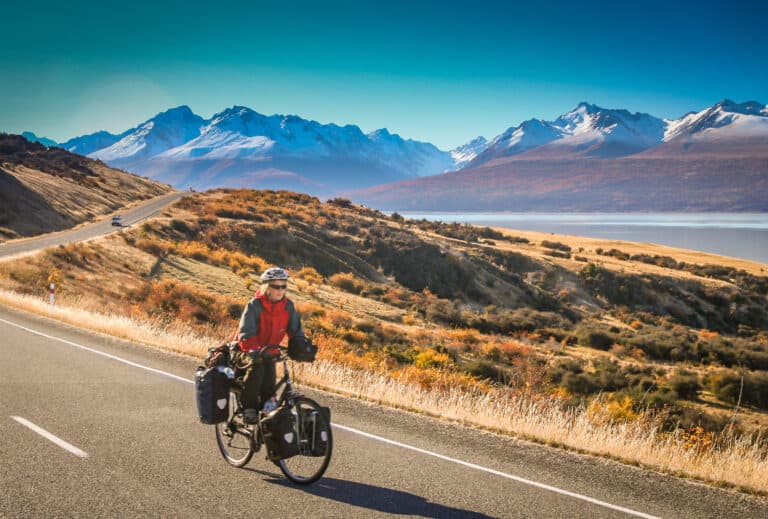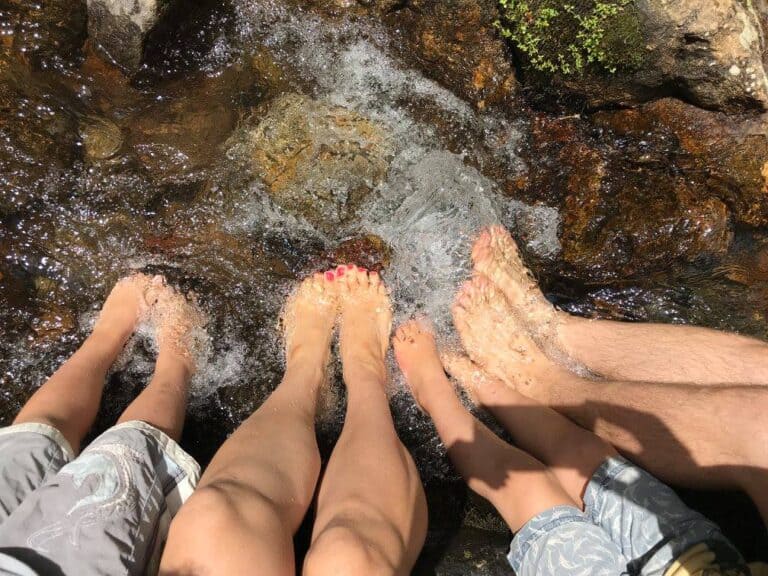In this blog, Bernice Tuffery, author of “Sleep Easy” offers guidance on the all important topic of sleep (or lack of!)
Times of stress, change and uncertainty often trigger sleepless nights. Acute insomnia is a common response to life stressors. But with good self-care, there are ways to find our way back to a good night’s sleep. However, all too often, actions taken to alleviate what should be short-term sleep difficulties unintentionally perpetuate or worsen insomnia. If your (or your patients!) sleep is going off-piste, it’s good to take action early and get back to a good night’s sleep.
Sleep is a pillar of health
Sleeping well is essential to our physical, mental and emotional health. Even though sleep is increasingly recognised as the third pillar of health (alongside nutrition and exercise), many of us are under-sleeping or experiencing shoddy sleep quality or nights of wakefulness – and don’t know how to help ourselves in a sustainable way.
Sleep difficulties are common but not normal
At least one in four adults in New Zealand are under-sleeping.[1] Our problems are not unique. In 2018, the World Sleep Society referred to sleeplessness as a global epidemic. That was before COVID created additional challenges in our lives and undermined sleep at night
Suffering in silence
Those who struggle with sleep are most definitely not alone. Yet, insomnia is experienced solo, and much silence surrounds it. A NZ study[1] revealed around 40% of patients attending GP clinics were experiencing insomnia symptoms. Yet this, and other research,[2] has shown that many patients don’t discuss their sleep problems with their doctor.
Living on less
People who are under-sleeping can become conditioned to living on less. Culturally, Kiwis tend to ‘tough it out’. But there’s much evidence that sleep deficiency defies our biology and ultimately compromises our health and the quality of our lives. From my lived experience with chronic insomnia, I know that while the show keeps going on, at some point, you realise you’ve become a hologram of your former self, and life isn’t much fun anymore.
We need to level up our sleep health education
Insomnia is typically ‘managed’ in the primary care setting with sleep medication or sleep hygiene. [1] Sedative hypnotics can provide a much-needed reprieve from wakefulness but are only recommended in the short term and come with risks. Sleep hygiene deals with the fundamentals but doesn’t offer much help when sleep has gone awry.
At this point, we need an understanding of how sleep works, how insomnia unfolds, and how we need to work with (rather than against ) our biology and psychology when struggling with sleep.
How can we have a positive impact on sleep?
There are things we can do to help find our way through short-term insomnia. The intention is to take care of sleep now and avoid a chronic sleep issue. These guidelines are adapted from a recent Australasian medical textbook, Sleep Medicine.[1]
- Learn about sleep to understand the cyclic nature of deep and light sleep. Know that brief awakenings throughout the night are natural.
- Recognise that during times of stress and uncertainty, it’s common to increase caffeine and alcohol consumption. These are unhelpful for sleep, so moderate consumption – go easy and go early.
- Know that it’s normal for sleep duration to reduce during times of stress; focus on self-care while you deal with your stressors.
- Accept that daytime struggles (fatigue, irritability, inertia) arise from the agitation of being awake at night rather than lack of sleep.
- To improve the time it takes to fall asleep (and fall back to sleep if you wake in the night), match your time in bed to how much sleep you’re actually getting.
- Develop a practice of mindfulness or relaxation to help manage your body’s response to stress during this time.
If you’d like to learn more about sleep and overcoming insomnia with a self-help approach to the gold standard treatment, CBTi (Cognitive Behavioural Therapy for Insomnia).[2], visit my website www.sleephaven.co.nz. Just subscribe if you’d like me to send you the first chapter of my best-selling book Sleep Easy, endorsed by leading sleep specialists from NZ and Australia. If you have any questions or need sleep coaching, please get in touch. .
[1] NZ Health Survey, Ministry of Health, 2021/22
[2] Prevalence and Causes of Insomnia in Primary Care, British Journal of General Practice, B. Arroll, A. Fernando III, et al. Feb 2012.
[3] Doctor Patient Sleep Discussions for US Adults, Sleep Health, 2019.
[4] Sleep Education for Healthcare Providers: Addressing deficient sleep in Australia and New Zealand, Sleep Health, H. Meaklim, et al, Oct 2020.
[5] ‘Insomnia Classification, features, diagnosis, and evaluation’, C. Samaranayake & A. T. Fernando, in Sleep Medicine, 2017
[6] ‘European Guideline for the diagnosis and treatment of insomnia’, D. Riemann, C. Baglioni, C. Bassetti et al. Journal of Sleep Research, 2017, Vol 6, no. 2,





